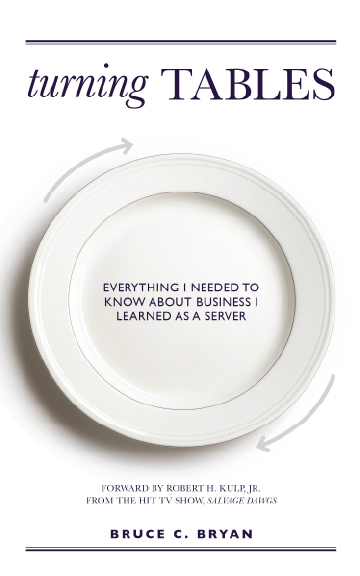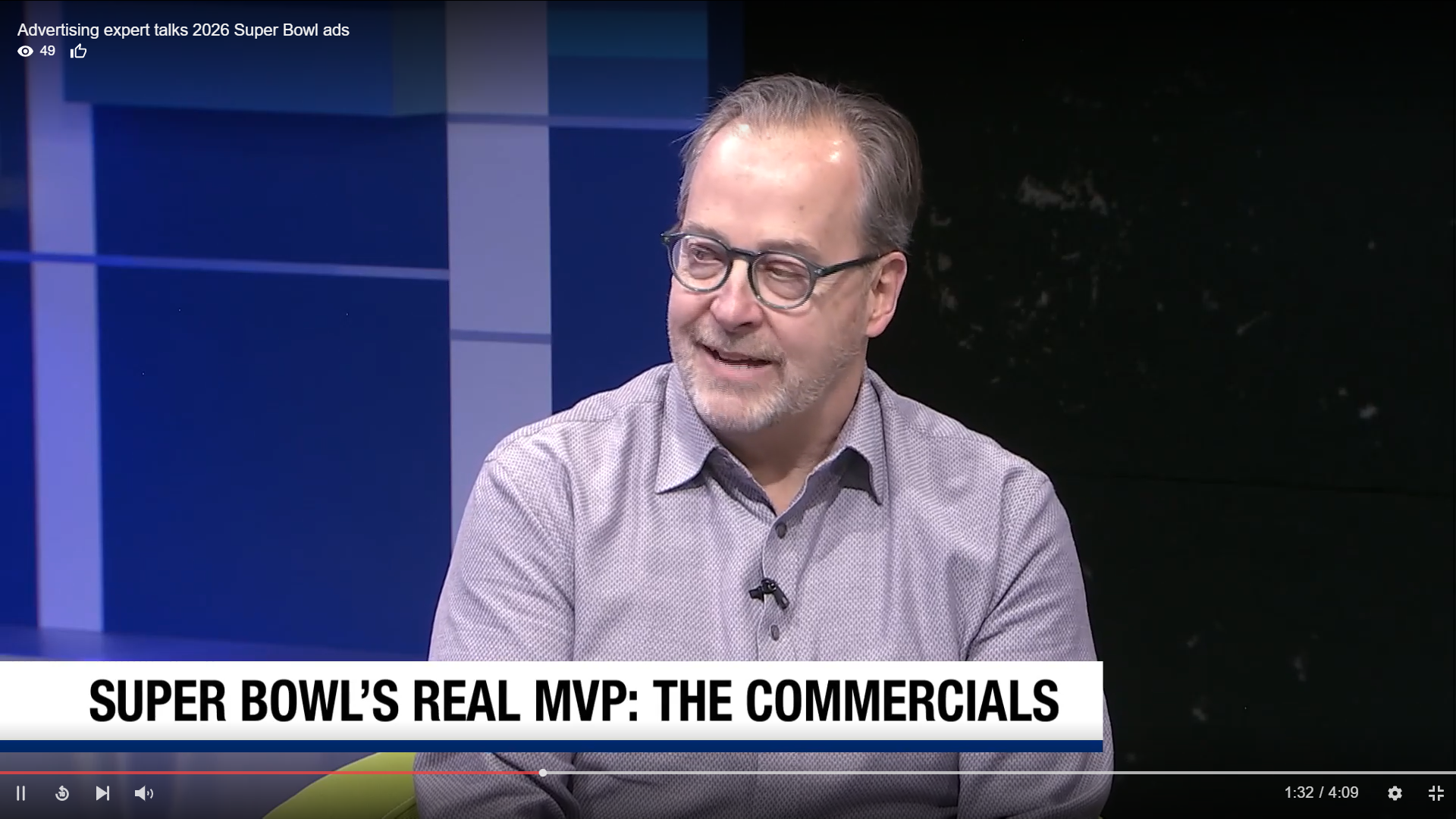It’s been around for decades – films and TV shows have been made about it and there has been a lot of discussion and investment in artificial intelligence. AI is one of the hottest topics in business – just like in so many other sectors. Seminars, books, online chatter, and you can even ask AI about AI. There are countless resources for learning about AI and for integrating into your daily routine.
Even the coldest of humans are likely drawn to the benefits of regular AI use.
It helps you chart the next location you are driving to, fixes your poor grammar, guesses what question you are asking Uncle Google, and more. In fact, as I write this edition of the B2Seed, I have a fake DJ walking me through my favorite tunes with a voice that I’d swear was my friend Tommy Page (who has a radio show of his own). Even though the tools make our lives easier and better, some short comings remain. My AIDJ can’t pronounce Matt Nathanson’s name and can’t seem to get Ben Sollee’s last name right either. It needs more training.
AI’s impact on business is omnipresent. (See "Evolution of Search")
At a recent book event the panel was asked out the impact of AI on the hospitality industry. My fellow panelist jumpstarted the answer by pointing out that people are hungry (pun intended) for connection. There are tasks a robot or kiosk can do that can make the industry more efficient and help those who serve to have more capacity to connect with people. Even with all the benefits of AI – the genuine impact of human interaction is matchless.
But EI Can Make the True Difference4Your Company
Use AI to improve. Even as an older GenX I can embrace that and work to use all the available tools to improve.
Here’s the thing though – in 2026 I’d recommend you focus your energy on upping your game when it comes to emotional intelligence. EI can power your company’s growth, your personal sales abilities, the way you manage your team, and even how you onboard new employees. Being aware of what other people are likely experiencing, thinking, feeling, and excited about goes a long way toward differentiating you as a person and a leader. If enough of your organization’s leaders are practicing EI, you’ll quickly impact your culture, your client relationships, and your ability to attract and retain talent.
People want to get better and more efficient at what they do and AI absolutely helps with that. Employees also want to be connected to your mission, your work, the team, and their roles. That’s where EI comes in. Empathy becomes your secret weapon as you plot and plan your improvements in the new year.
You can order Turning Tables: Everything I Needed to Know about Business I Learned as a Server here. (I’ll happily autograph any copies you purchase if we can find a way to connect in person.)














